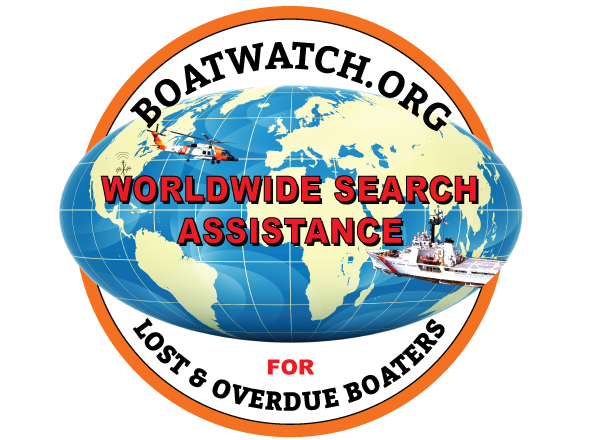U.S. Coast Guard reminds mariners of hidden boating dangers
MIAMI –The Coast Guard reminds mariners to exercise caution and safe boating practices while boating with cooler temperatures on the water, as there could be hidden dangers aboard a vessel.
Coast Guard Sector Key West watchstanders received a report Sunday from a good Samaritan stating eight people aboard a recreational vessel were unconscious near Garrison Bight. It was reported an exhaust fan in the bilge compartment allowed potential carbon monoxide to accumulate to high enough levels to impair the occupants.
A Key West Fire Boat crew responded, safely transferred the eight people aboard their vessel and transported them back ashore to awaiting emergency medical services for further medical attention.
“This reported incident appears to be a very close call,” said Petty Officer 1st Class Evans Ahrens, a Sector Key West operations unit controller. “January is the coldest month in Florida where temperatures can range widely from day and night. Boaters know Jacksonville can get cool but not everyone thinks Key West can as well. People should be cautious when using generators or heating elements that they may only rarely use, particularly for those that live aboard their vessel.”
The Coast Guard urges the public to follow these safety tips:
Check the Weather and Water Temperature. Do this before heading out and continue to monitor while on your trip. Weather can change very rapidly and you should keep a watchful eye on the forecasted conditions. The National Weather Service broadcasts marine weather forecasts regularly. Forecasts can be heard by tuning in to channels 1 to 5 on a VHF marine radio or by checking the NWS website at www.weather.gov
File a Float Plan. Leave a detailed float plan with a friend or family member who is staying back on land. The sooner a party can be reported overdue, the more likely a positive outcome will result. Facts need to be quickly conveyed in an emergency. Your float plan should include information that rescue personnel need in order to find you. For examples of a float plan, visit www.floatplancentral.org.
Have a marine radio. A VHF-FM radio set to channel 16 is the best method of communication while on the water. Although cell phones are a good backup, they can be unreliable due to gaps in coverage area or a dead battery.
Have an EPIRB. Always go out with an Emergency Position Indicating Radio Beacon. An EPIRB is a device that is designed to transmit a distress signal to emergency responders through a satellite system.
Wear a life jacket. They help keep your head above water if you happen to fall overboard, they also hold heat into the core areas of your body, thus increasing the odds of your survival in cold water by hours.
Never boat under the influence. Boating under the influence, or boating while intoxicated, is just as deadly as drinking and driving. It is illegal to operate a boat while under the influence of alcohol or drugs in every state. Penalties for violating BUI/BWI laws can include large fines, suspension or revocation of boat operator privileges and jail terms. Alcohol use is the leading known contributing factor in fatal boating accidents.
Download the free Coast Guard app. Focusing on recreational boating, the app has a float plan function, the ability to check weather reports from the nearest NOAA buoys, a function for calling for assistance when in distress and more. It is currently available for free on iOS and Android devices.
Further boating safety information can be found online at the following:
U.S. Coast Guard Auxiliary: http://www.cgaux.org/
Vessel Safety Checks: http://www.vesselsafetycheck.org/
Coast Guard Boating Safety page: http://www.uscgboating.org/
National Safe Boating Council: http://www.safeboatingcouncil.org/

